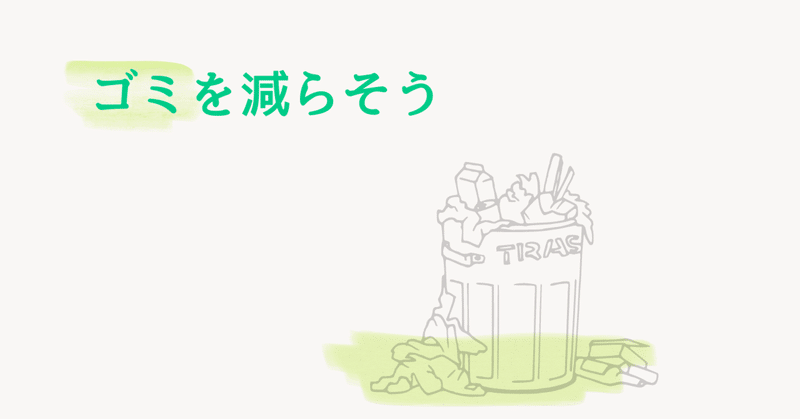
【ビジ英徹底復習】 L8 Waste Not, Want Not
Hello everyone,
近所のスーパーでは夜9時になると惣菜が50%オフになります。日本ではおなじみの風景です。
Ten most important words and explanations in English from Lesson 8
Waste Not, Want Not:
Food waste: Food that is discarded or not eaten.
Landfill: A place where waste is buried.
Methane: A greenhouse gas that is more potent than carbon dioxide.
Climate change: The warming of the Earth's climate due to human activities.
Sustainability: The ability to meet the needs of the present without compromising the ability of future generations to meet their own needs.
Doggy bag: A container that customers can use to take home leftover food from a restaurant.
Sell by: A date on food packaging that indicates when the food should be sold by for the best quality.
Best by: A date on food packaging that indicates when the food is expected to be of the best quality, but is still safe to eat after that date.
Use by: A date on food packaging that indicates when the food should be used by for safety reasons.
Biodegradable: Able to be decomposed by living organisms.
Upcycling: The process of converting waste materials into new materials and objects of higher quality or value than the original material.
Here are some additional explanations:
Food waste is a global problem. According to the United Nations, one-third of all food produced for human consumption is wasted each year. This amounts to about 1.3 billion tons of food.
Food waste has a significant environmental impact. When food is wasted, it ends up in landfills, where it decomposes and produces methane, a greenhouse gas that is more potent than carbon dioxide. Methane is a major contributor to climate change.
There are many things that can be done to reduce food waste. At the individual level, we can plan our meals ahead of time, buy only what we need, and compost food scraps. At the commercial level, businesses can donate surplus food to food banks, implement effective markdown strategies, and use packaging that reduces food spoilage.
Upcycling is a creative way to reduce food waste. Upcycled food products can include:
Biodiesel fuel made from used cooking oil
3D-printed furniture made from coffee grounds and eggshells
Edible food cement made from food waste
Upcycling is a growing movement around the world, as people become more aware of the environmental impact of waste. It is a way to reduce our consumption of resources and create new and innovative products from materials that would otherwise be discarded.
★Small Talk "ZA-TSU-DA-N"
下記の質問に答えてみましょう。
What was the most interesting thing you learned from the article?
Have you ever tried upcycling food waste?
What are some ways that we can reduce food waste at home?
Do you think upcycling is a good way to reduce our environmental impact?
What are some other examples of upcycling that you know of?
★例えばこんな雑談を
Hiro: Hey Akira, what did you think of the article we just read about food waste and upcycling?
Akira: It was really interesting! I didn't know that food waste was such a big problem, and I was impressed by all the different ways that people are upcycling food waste.
Hiro: Me too! I especially liked the idea of edible food cement. It's amazing to think that you could turn food waste into something that could be used to build things.
Akira: Yeah, and the biodiesel fuel made from used cooking oil is pretty cool too. It's a great way to reduce our reliance on fossil fuels.
Hiro: I'm also interested in the 3D-printed furniture made from coffee grounds and eggshells. It's a great example of how we can use technology to reduce our waste.
Akira: Yeah, and it's a way to create unique and sustainable products at the same time.
Hiro: I think it's important for us to be more aware of the food waste problem and to look for ways to reduce our own waste. Upcycling is a great way to do that.
Akira: I agree. I'm going to try to find some ways to upcycle food waste at home. Maybe I can start composting or make my own biodiesel fuel.
Hiro: That's a great idea! I'm going to try to do some research on upcycling and see what other ideas I can find.
Akira: Sounds good! We can share what we learn with each other.
Hiro: Great! I'm looking forward to it.
★Websites about food waste and upcycling:
Food Waste Action: https://savethefood.com/
Upcycled Food Association: https://www.upcycledfood.org/
Compost Now: https://www.compostnow.org/
FoodCycle: https://www.foodcyclela.org/
Too Good To Go: https://www.toogoodtogo.com/
Brief descriptions:
Food Waste Action: Provides information and resources about food waste reduction, including tips for consumers, businesses, and governments.
Upcycled Food Association: Promotes the upcycled food industry and provides information about upcycled food, as well as a directory of upcycled food products and companies.
Compost Now: Provides information about composting, including tips on how to compost at home or in a community garden.
FoodCycle: UK-based charity that collects surplus food from businesses and redistributes it to community organizations that feed people in need.
Too Good To Go: App that connects consumers with restaurants and other businesses that have surplus food that they are selling at a discount.
この記事が気に入ったらサポートをしてみませんか?
